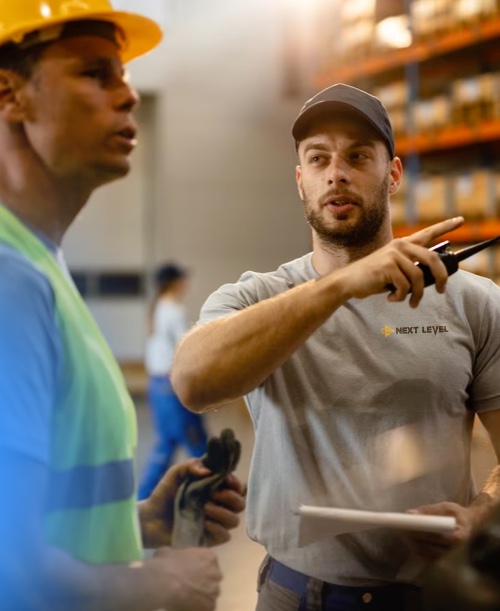In the ever-evolving world of logistics, freight trucks stand as the backbone of global supply chains. Yet, despite their critical role in keeping the economy humming, modern freight trucks are often subject to stereotypes that undermine their innovative transformations and essential contributions. To truly appreciate the value of these workhorses, it’s time to rethink the narratives surrounding them.
Stereotype 1: Trucks Are Gas-Guzzling Behemoths
One of the most persistent stereotypes about freight trucks is that they are fuel-inefficient monsters spewing pollution. While this might have been true decades ago, advancements in technology have drastically shifted the narrative. Modern trucks are increasingly adopting fuel-efficient engines, aerodynamic designs, and cleaner technologies. The rise of electric and hydrogen-powered freight trucks, championed by companies like Tesla, Nikola, and Daimler, is leading a revolution in sustainable transportation. These trucks significantly reduce carbon footprints, proving that freight logistics can align with environmental goals.
Stereotype 2: Trucking Is a “Low-Tech” Industry
Another misconception is that trucking operates in a technological vacuum, relying solely on old-school mechanics and human labor. In reality, the industry is brimming with innovation. From advanced telematics systems that optimize routes and monitor vehicle health to autonomous driving technologies that promise to revolutionize freight movement, trucking is on the cutting edge. Companies are also leveraging big data and artificial intelligence to improve supply chain efficiency and reduce costs.
Stereotype 3: Drivers Are Unskilled Laborers
The image of the truck driver as an unskilled laborer is both outdated and unfair. Modern trucking requires a diverse skill set, including technical knowledge to manage increasingly complex vehicle systems, strong problem-solving abilities for navigating logistical challenges, and compliance expertise to adhere to stringent safety and regulatory requirements. Many drivers also act as de facto customer service representatives, ensuring smooth deliveries and maintaining client relationships.
Stereotype 4: Freight Trucks Are a Traffic Nuisance
Freight trucks often bear the brunt of public frustration when it comes to road congestion. However, their presence on the roads reflects their indispensable role in delivering goods to businesses and consumers alike. Moreover, innovations like platooning—where trucks travel in tightly coordinated convoys—not only reduce fuel consumption but also help alleviate congestion by optimizing road space.
Stereotype 5: The Industry Is Resistant to Change
Contrary to the belief that trucking is stuck in the past, the industry has shown remarkable adaptability. The push for greener energy, the adoption of automation, and the embrace of digital logistics platforms demonstrate a forward-thinking mindset. Trucking companies are not just keeping up with the times; they are often leading the charge in addressing global challenges such as climate change and supply chain disruptions.
Breaking the Mold
To think outside the box about freight trucks, we must shift our focus from outdated stereotypes to the dynamic reality of the industry. Freight trucks are no longer just vehicles hauling goods; they are symbols of innovation, resilience, and adaptability. By recognizing these qualities, we can better support the transformative journey of an industry that is vital to our daily lives.
As we look to the future, the narrative around freight trucks must evolve to match their progress. Whether through electrification, automation, or enhanced efficiency, the modern freight truck is a testament to how stereotypes can be dismantled—one mile at a time.
